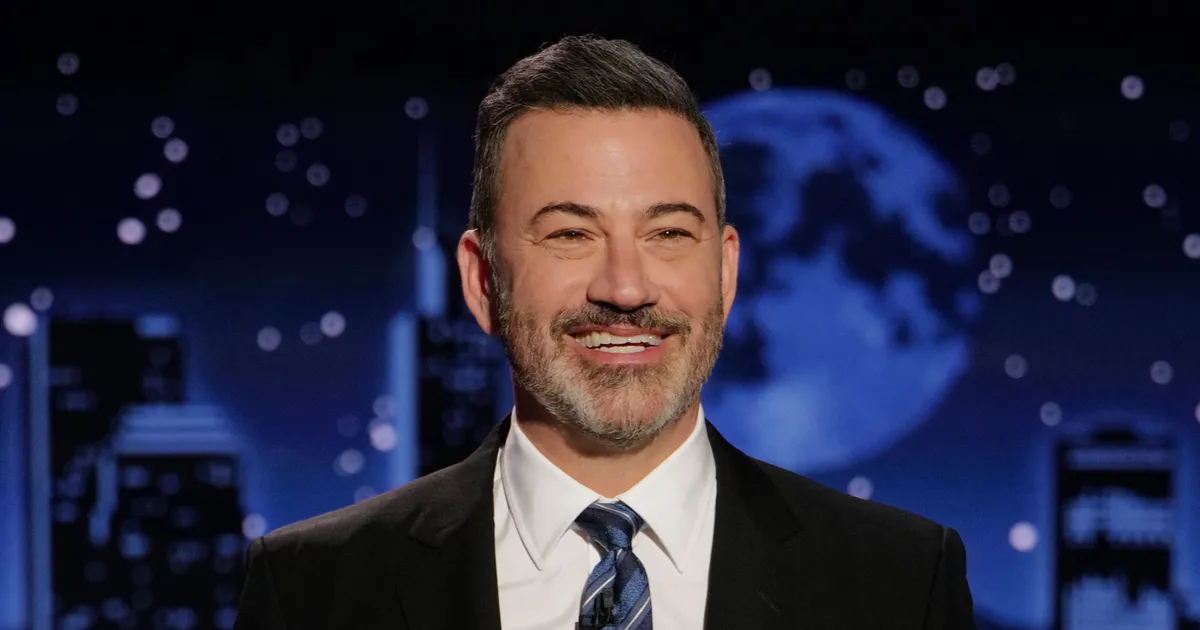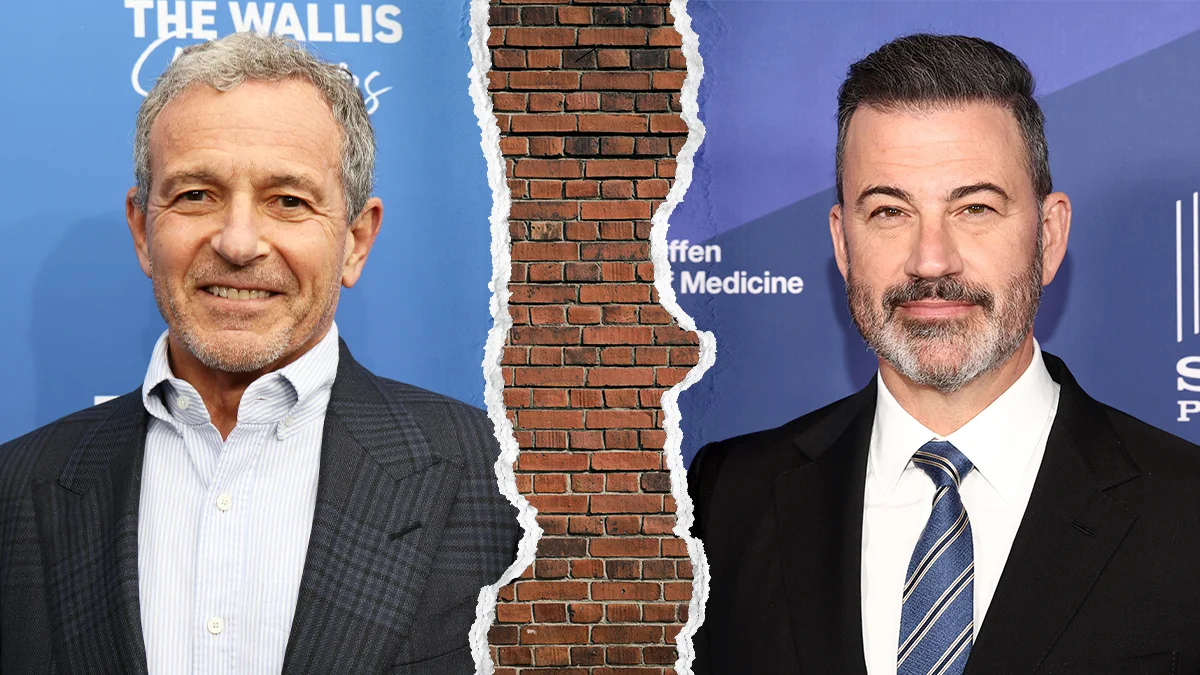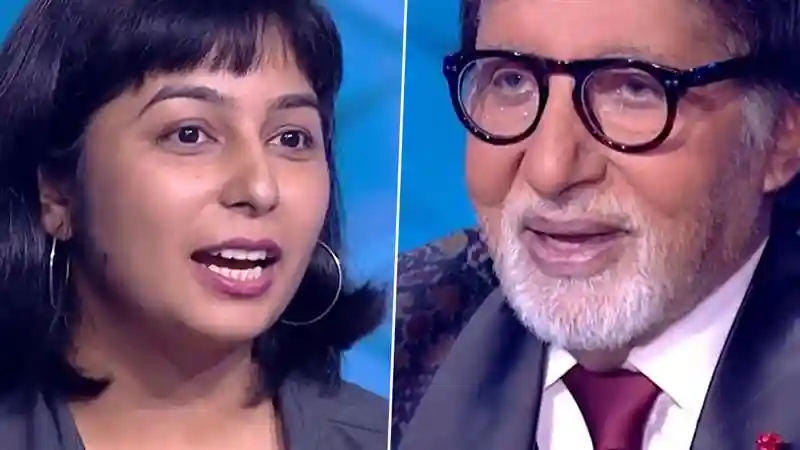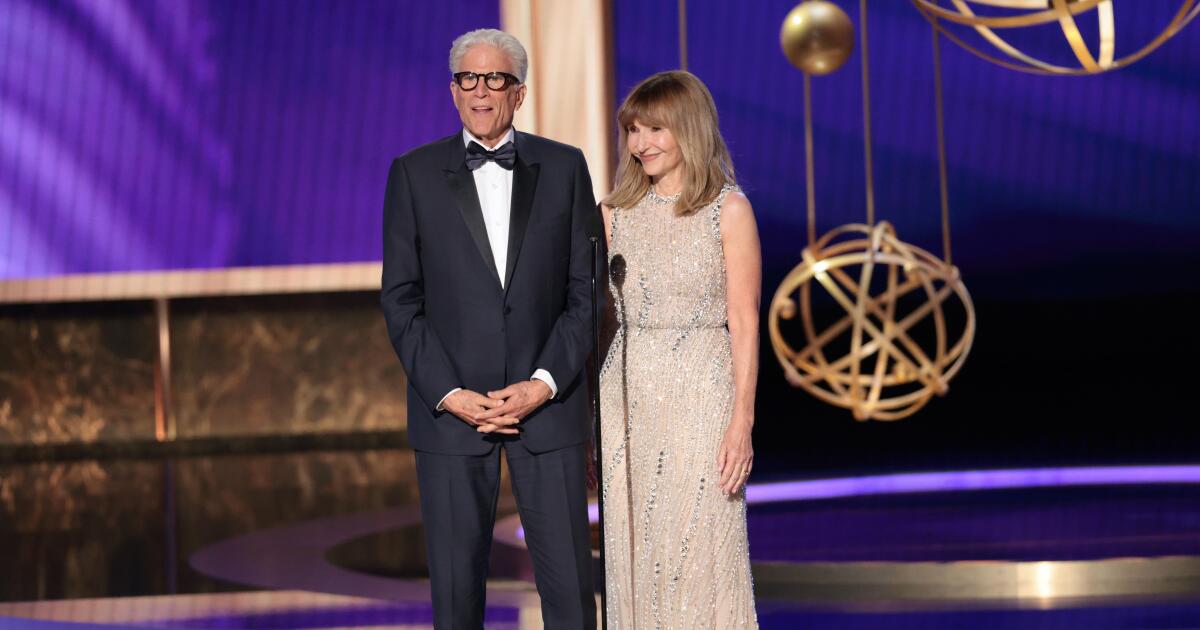
When ABC announced on September 17 that the network would pull new episodes of Jimmy Kimmel Live!, the outrage that followed had less to do with fandom than the attack on First Amendment rights. ABC’s decision followed FCC chair Brendan Carr’s criticism of Kimmel earlier that day over the late-night host’s brief commentary on far-right provocateur Charlie Kirk’s killing. Carr implied that Kimmel should be suspended during a podcast appearance. “We can do this the easy way or the hard way,” he told Benny Johnson, the right-wing host of The Benny Show. As Carr’s comments started circulating on social media, Nexstar and Sinclair, ABC affiliates described by Deadline as the “two largest station groups,” criticized Kimmel and said they would preempt his show. ABC then said it would suspend Kimmel across the United States, per CNN.
President Donald Trump immediately celebrated Kimmel’s suspension on Truth Social. “Great News for America: The ratings challenged Jimmy Kimmel Show is CANCELLED,” he wrote. “Congratulations to ABC for finally having the courage to do what had to be done. Kimmel has ZERO talent, and worse ratings than even Colbert, if that’s possible.” He also suggested other late-night hosts, like Jimmy Fallon and Seth Meyers, should lose their jobs. Trump’s embrace of censorship was further established when he told reporters he wants to take licenses away from networks over negative comments about him.
If everything feels doomed, it’s because this news follows the cancellation of Stephen Colbert’s show, which means there could be more punishments coming to the late-night world. Writers and comedians are nervous and pissed off. Here’s what to know about how and what they can do to fight back (or sue).
What does the First Amendment actually say about free speech?
Let’s start with the basics: The First Amendment means that the government cannot tell you what to say — or what not to say — and attacks on free speech are not legal in the United States.
Is comedy and satire protected by the First Amendment?
Comedy counts as protected speech. Roy Gutterman, the director of the Newhouse School’s Tully Center for Free Speech at Syracuse University, says that both comedy and satire are “a pretty well-settled area of law, and not much to argue over.”
“Threatening to put pressure on broadcast licensees because of offensive comments made by a comedian is troubling,” Gutterman says. “Jimmy Kimmel is a comedian. I always found him to be the least political of the late-night hosts.”
Tre Lovell, an entertainment and trial attorney in Los Angeles, expresses similar views when it came to parody in entertainment. While there are some forms of unprotected speech — defamation, falsehoods, and inciting violence —“Kimmel, South Park, everything they’re doing is lawful, legal, and protected by the First Amendment. They’re not doing anything that’s actionable,” Lovell says. “You can’t come after them for defamation, because it’s parody and most of it is based on the truth anyway, just criticism and opinion, so they’re not doing anything wrong.”
What did Kimmel say on air?
On September 15, Kimmel described “new lows” following the arrest of a man suspected of killing Kirk. “We hit some new lows over the weekend with the MAGA gang desperately trying to characterize this kid who murdered Charlie Kirk as anything other than one of them and doing everything they can to score political points from it,” he said. “In between the finger-pointing, there was grieving. On Friday, the White House flew the flags at half-staff, which got some criticism. But on a human level, you can see how hard the president is taking this.” The following segment showed Trump answering a reporter’s question about how he’s “holding up” after Kirk’s death. Trump answers and segues into talking about the new ballroom being built at the White House. “Yes, he’s at the fourth stage of grief: construction.” Kimmel said jokingly. “Demolition, construction. This is not how an adult grieves the murder of someone he called a friend. This is how a 4-year-old mourns a goldfish, okay?”
Can Kimmel sue ABC for suspending him?
Yes, Kimmel can file suit against his bosses, but its success would depend on what wrongdoing he alleges. Neama Rahmani, founder of West Coast Trial Lawyers and a former federal prosecutor, says that Kimmel’s “only viable claim would be breach of contract.” Rahmani explains that there isn’t a freedom-of-speech protection with private employers. There also isn’t a California State or a federal law that would prevent him from being suspended. “Employers can discipline their employees for speech, even though the government cannot,” Rahmani says. “If the suspension violated Kimmel’s agreement with Disney, however, he may have a claim. The employment agreement isn’t public, but it would help if it contained a guarantee of airtime or a terminal without cause provision.”
Is Kimmel’s suspension an attack on free speech?
Yup! “Brendan Carr’s not-so-subtle threat violates the foundational parts of the First Amendment, and it’s deeply disturbing that so many people who complained about cancel culture are perfectly fine with this,” says Ron Kuby, a criminal defense attorney with a focus on civil rights. ”When the government gets involved in trying to suppress the content of speech, whether it’s done through threats or other action, it’s a First Amendment violation, and we’ve seen a tsunami of these since Trump took power,” he says.
Has Trump said anything else?
In response to a request for comment, the White House insisted this was not a First Amendment issue and doubled down on criticism of Kimmel.
“This has nothing to do with free speech — low-ratings loser Jimmy Kimmel is free to make whatever bad jokes he wants, but a private company is under no obligation to lose money producing an unpopular show. Kimmel’s ratings have declined over 63% since his show moved to its current timeslot and he has lost over 43% of his total audience since President Trump returned to office,” White House spokeswoman Abigail Jackson said in a statement. “Jimmy Kimmel’s terrible product isn’t a free speech problem; it’s a talent problem. He is welcome to go start a substack like all the other low-ratings losers!”
Is Jimmy Kimmel Live! low-rated?
No. In the most recent quarter, his show was at the top of ABC’s key demo of adults aged 18 to 49. He was solidly No. 2 when it came to total viewers, behind (ironically) Colbert. And while Kimmel’s ratings are down compared to when his show moved to 11:35 p.m. many years ago, so is almost every single broadcast and cable TV show thanks to the shift to streaming.
This does not feel normal. Is this normal?
No. Several experts say that these attacks on critics are unprecedented — but are troublingly becoming more commonplace. “I think this is all part of a new normal, a new trend of silencing individuals in the media,” says Camron Dowlatshahi, an entertainment and media law attorney. “Previously at the FCC, you would see their involvement when there was nudity or curse words on the air — you did not see them step into seemingly not-that-controversial statements that were maybe politically leaning one way or the other.” Dowlatshahi said that the FCC chair’s handling of Kimmel’s comments, alongside governmental pressure on critics of Trump and his administration, has immense power over outlets’ bottom line. “What’s precipitating all this are these huge mergers that are happening, right?” he says. “Because otherwise, the FCC chair can threaten all these things, and then if the network really wanted to fight it, then they could challenge it on First Amendment grounds. But what they’re seeing is it’s not worth that fight, and they’d rather have these mergers go through, which is pretty sad.”
Kuby, who has been practicing law for decades, said Democratic and Republican administrations don’t like criticism, and “sometimes they will occasionally make threats that cross the line into attacking First Amendment speech.” An official in George H.W. Bush’s administration said, for example, that Gulf War protesters should be careful of what they say. “Never before has the sort of full power of government been deployed to stifle and suppress speech that the administration doesn’t like,” Kuby says. “From the use of research grants to federal funds to licensing to lawsuits, we have never seen anything like this before, even back in the Nixon days, who was arguably the most authoritarian president.”



